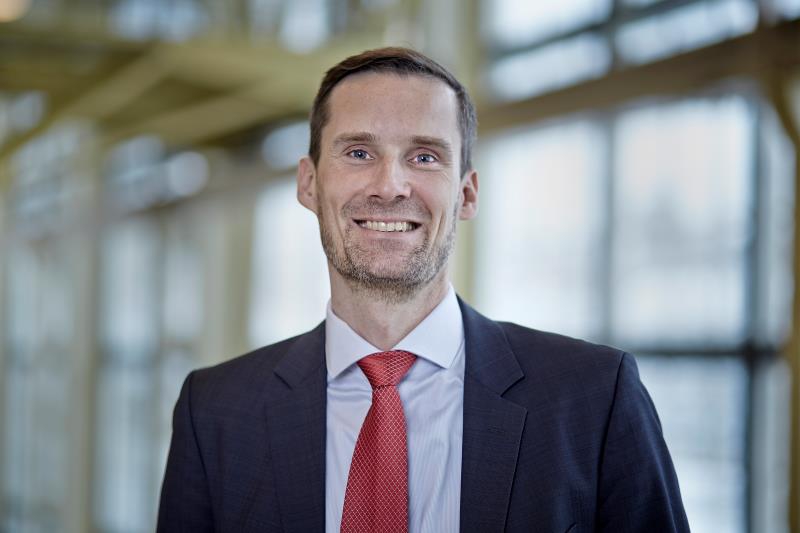
主讲人:Thomas Sauter-Servaes Senior Lecturer & Program Director
邀请人:叶建红 副教授
协办单位:瑞士联邦政府科技文化中心
时间:2019年5月15日(周三)下午13:30-15:00
地点:交通运输工程学院211教室
主讲人简介:
Thomas Sauter-Servaes is Programme Director “Transportation Systems” at Zurich University of Applied Sciences (ZHAW) since 2013. At the same time, he is a senior researcher at ZHAW, focusing on innovative mobility services. Until 2008 he worked as researcher at the Chair of Track and Railway Operations at TU Berlin, focusing on multimodality/intermodality and low-cost transport. Afterwards he joined Deutsche Bahn AG as business developer in the field of long-distance passenger transport, supported an NGO as tourism consultant and worked as mobility futurologist at the Institute for Transportation Design. He is a founding member of the interdisciplinary think tank Denkfabrik Mobilität, a board member of the Swiss mobility platform Intelligent Transport Systems Switzerland and owner of the consulting company mobilecular.
主讲内容简介:
In the coming years, digitization and robotization will change transport systems dramatically – and probably faster than previously expected. Innovative mobility services will revolutionize individual road traffic in particular. If this transformation takes place uncontrolled, easier access to mobility services, high availability and significantly falling prices will result in increasing numbers of journeys and increasing distances travelled.
The lecture will explain the various development paths that the trend towards connected cars and autonomous vehicles on vehicle design and deployment, urban planning and the overall transport system will have. The current competition between different forms of future mobility will be illustrated, that will lead to a stronger leading to a stronger "as well as" rather than the currently prevailing "either or" concerning the choice of means of transport. The boundaries between individual and public transport will become blurred.
An in-depth experimentation with new mobility concepts can already be observed today, which will intensify in the coming years. What are the opportunities and risks for mobility service providers, urban design and ultimately the quality of life?
欢迎各位老师、同学参加同路人学术论坛!
交通运输工程学院研究生会
交通运输工程学院青年教师沙龙